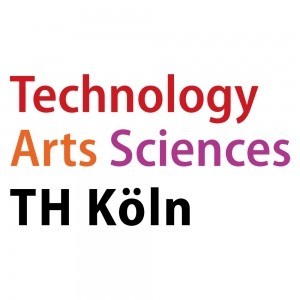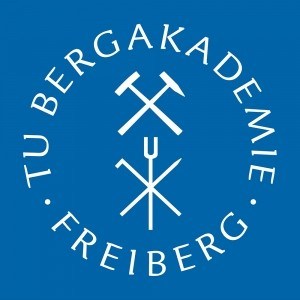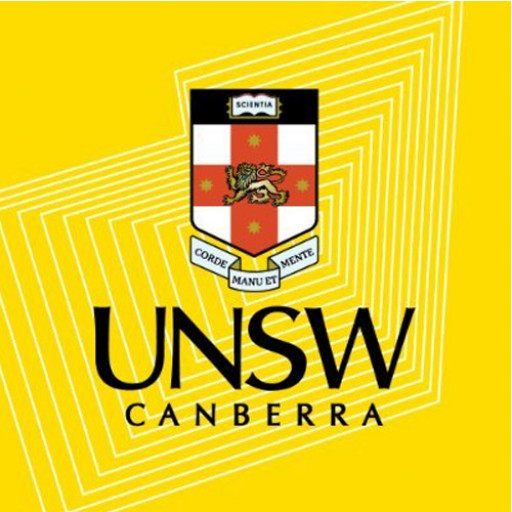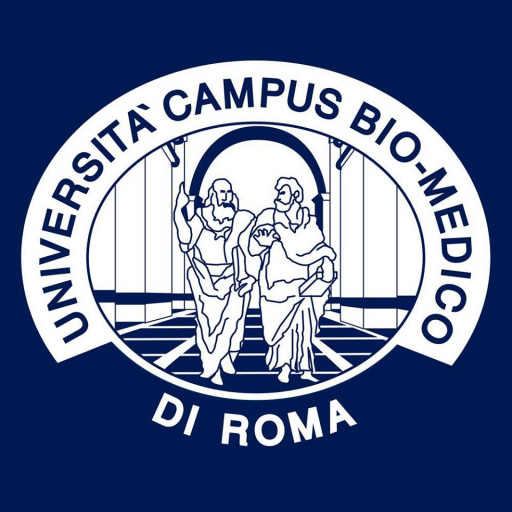Photos of university / #tu.muenchen
Educational organisation
The MSc programme is designed for four semesters. The first semester (October - February) covers the first set of compulsory introduction and basic courses. The second semester (April - August) comprises the main part of the elective fields (two out of eight are chosen). In the third semester (October - February), the elective fields will be concluded. The Master's thesis is written during the fourth semester (April - August). Additionally, an international internship, lasting at least seven weeks, is part of the programme. Students themselves can choose when and where to carry out this internship: during the lecture-free time and at the beginning of the third semester, before the programme or afterwards. A combination of Master's thesis and internship is recommended, but voluntary.Study abroad unit(s)
Seven-week internshipInternships
An internship of seven weeks is to be completed during the summer break between the second and the third semester. However, the internship can also be done before or after this period.Forms of assessment
Written and oral exams, assignments, presentations, reportsCourse objectives
To train professionals of various backgrounds to take on a new perspective and integrate the concept of sustainability in their specific environments. The graduates are able to develop and implement concepts for the sustainable use of resources - a competence that will be more and more in demand by enterprises, governments, and NGOs.Language requirements
Certificate for Test of English as a Foreign Language (TOEFL) with a minimum of 605 points (paper-based), 234 (computer-based), or 88 (internet-based), or an equivalent test (e.g. IELTS Band Score 6.5; academic)Academic requirements
Applicants must hold at least one of the following degrees:- "Diplom" or Master's degree in engineering science, natural science, economics, or social sciences, obtained at an acknowledged university
- a Bachelor's degree in one of the above-mentioned fields obtained at an acknowledged university
- a Bachelor's, "Diplom", or Master's degree in one of the above-mentioned fields obtained at a German Fachhochschule (university of applied sciences) or equivalent
- motivation letter (400 words)
- essay (800 words), topic announced on the course homepage
Enrolment fees
Approx. 115 EUR per semester, the fee includes a semester ticket covering public transport in Munich.Costs of living
In order to cover personal expenses while studying in Munich, we recommend a budget of at least 800 EUR per month.Job opportunities
Student jobs are offered regularly within the departments and institutes of the university. Some students work at the nearby airport.Funding opportunities within the university
Funding opportunities are very limited. Selected students are awarded study grants for foreign students by the TUM. Scholarship amount: one-time financial aid of 500 EUR to 1,500 EUR per semesterhttp://www.tum.de/en/studies/fees-and-financial-aid/scholarships/scholarship-database/
Arrival support
TUM's International Center offers a special programme tailored for international students, TUMinternational (TUMi). The TUMi programme provides help and advice for new students as well as a cultural programme with events scheduled both prior to and during the academic periods.The service desk of the Student Service Center is the first contact point for international students. We are here to help you with issues such as applications, enrolment, student cards etc. Furthermore, we offer various three- to six-week summer schools combining academics with a rich menu of educational and social activities as a foretaste of university life. For international students who have been admitted to a degree programme, the Student Service Center offers a four-week pre-study course designed to help you get started at the TUM. Students new to TUM are invited to the service fair "Fit for TUM" which takes place before the semester officially starts, to get an overview of the various offerings of support services at TUM. http://www.tum.de/en/studies/international-students/
Learning German: While the language of instruction for many of TUM's postgraduate programmes is English, learning German and thus being able to participate in daily German life at a deeper level enriches the experience of studying and living in Munich. As such, TUM's Language Centre offers language classes for students at all levels, both prior to and during the semester: http://www.sprachenzentrum.tum.de/en/startseite/
Services and support for international students
- Student tutors provide assistance upon arrival and with getting settled in Freising.
- Regular tutorials and direct contact to course director to support students in organising their studies and their life at the university
- Student cafeteria
- Many cultural and social events and support by the student representatives and senior students
Accommodation
It is not easy to find a place to live in Munich - but it is not impossible either! TUM supports students and employees in their search for accommodation, providing personal advice, in-house listings and useful information to ensure that you can quickly find a place to call your own: http://www.tum.de/en/university-life/accommodations/With high rents and not enough rooms in halls of residence, the Munich rental market is one of the most competitive in Germany - especially for students. The city boasts over 1.4 million inhabitants, with more people moving to Munich every year - many of them attracted by the excellent study opportunities that Munich has to offer.
Student halls of residence usually offer affordable accommodation for students. The Munich Student Union runs most of these halls of residence - more information at http://www.studentenwerk-muenchen.de/en/accommodation/










